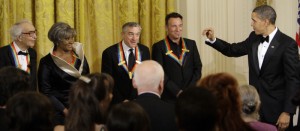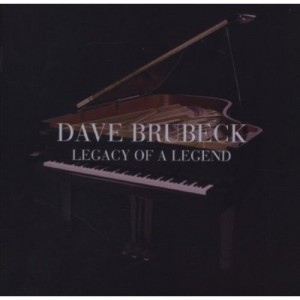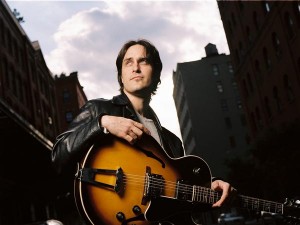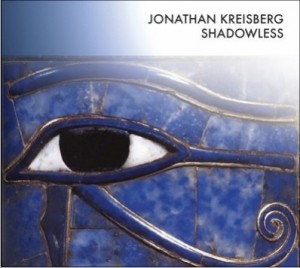By Doug Levine
It’s World Series time and there’s a lot of excitement for this great event featuring the Detroit Tigers and San Francisco Giants. Like many of my fellow baseball fans here in DC, I too was on the edge of my seat pulling for our Washington Nationals to win their divisional playoff series. But, it was not to be, as they were edged out of contention by the reigning champs St. Louis Cardinals, who then lost to the Giants in their 7-game playoff series.
Today, whenever I think of baseball I think of the Bees Gees. What’s the connection? For me, it’s a baseball camp I attended in my teens. I had my eyes set on the big leagues and convinced my parents that two weeks of non-stop baseball in Pennington, New Jersey was just the ticket. I was going to be the next Ted Williams, one of the greatest players of all time and one of my heroes.
Little did I know that I would leave baseball camp with a musical hero as well, the Bee Gees. That’s right, the Bee Gees, who during the summer of 1971, gave us one of the biggest hits of the year, “How Can You Mend A Broken Heart.” I remember hearing it for the very first time at camp. It came over on the coach’s transistor radio which dangled on the fence next to the bench and drifted into left field where I was shagging fly balls. For the rest of the day, and the rest of the summer, I couldn’t get the song out of my head, especially the opening line, “I can think of younger days when living for my life was everything a man could want to do.”
I was reminded of my younger days when Bee Gees’ singer Robin Gibb died last May after a long illness. Robin co-wrote the song with his brother Barry and he sings the opening solo. Talk about staying power, it’s been covered by everyone from Al Green to Rod Stewart. Green’s version appeared in the hit films “Good Will Hunting” and “Notting Hill.”
So maybe that Bee Gees song, coming out of a little transistor radio, had more meaning in my life than I realized. Sure, I still love baseball — I even had a stint as an outfielder on my high school team — but eventually my playing days faded and a new path led me to broadcasting music on the radio.















